The agricultural industry is undergoing a significant transformation, driven by the integration of the Internet of Things (IoT) into farming practices. This technological advancement is shaping a new era in agriculture, characterized by efficiency, sustainability, and precision. The role of IoT in data-driven farming is pivotal, as it offers innovative solutions to age-old farming challenges and opens up a realm of possibilities for enhancing crop yield, resource management, and environmental protection.
IoT in agriculture involves the use of various sensors, drones, automated systems, and other connected devices to collect and analyze data about agricultural conditions. This data includes soil quality, weather conditions, crop growth, and pest activity. The integration of IoT allows farmers to make informed decisions, leading to more efficient use of resources such as water, fertilizers, and pesticides. For instance, soil sensors can provide real-time data on moisture levels, enabling precise irrigation, which not only conserves water but also prevents over-irrigation, a common issue in traditional farming.
Another significant advantage of IoT in farming is the ability to monitor crop health and predict yields. By analyzing data collected from drones and satellite imagery, farmers can detect pest infestations or diseases early and take prompt action to mitigate losses. This proactive approach to farming helps maintain the health of crops and ensures higher productivity.
Moreover, IoT technology facilitates remote monitoring and automation. Farmers can control irrigation systems, deploy drones for spraying, and even manage harvesting equipment from their smartphones or computers. This level of automation not only saves time and labor costs but also enhances the precision of farming operations.
Sustainability is another critical aspect where IoT makes a substantial impact. By enabling efficient use of resources and reducing waste, IoT contributes to environmentally friendly farming practices. This is particularly important in the context of climate change and the increasing need for sustainable food production systems.
The IoT’s impact extends beyond the immediate farming operations to the broader supply chain. With real-time tracking of produce from farm to market, IoT ensures transparency and traceability in the agricultural supply chain. This not only helps in maintaining the quality and safety of food products but also enhances consumer trust. Consumers today are increasingly concerned about how their food is produced, and IoT technology provides them with the necessary information regarding the origin and handling of their food.
The data collected through IoT devices also plays a crucial role in research and development in agriculture. By analyzing extensive datasets, researchers can identify patterns and trends that lead to more resilient crop varieties, better disease resistance, and optimized farming practices. This is particularly crucial in adapting to the changing climatic conditions and ensuring food security for the growing global population.
Moreover, IoT in agriculture paves the way for a more inclusive approach. Small-scale farmers, who form a significant portion of the agricultural sector, particularly in developing countries, can benefit immensely from affordable IoT solutions. These technologies can help them achieve higher yields, reduce costs, and access markets more efficiently, thereby improving their livelihoods and contributing to rural development.
However, the widespread adoption of IoT in agriculture does face challenges. These include the high initial cost of technology, the need for technical skills to operate and maintain IoT systems, and concerns over data privacy and security. Addressing these challenges requires collaborative efforts from governments, technology providers, and the farming community. Policies that promote technological education in rural areas, subsidies or financial incentives for adopting IoT technologies, and robust frameworks for data protection are essential for maximizing the benefits of IoT in agriculture.
The role of IoT in agricultural evolution is transformative. It enhances the efficiency, sustainability, and productivity of farming, contributing significantly to meeting the global food demand in an environmentally responsible manner. As we continue to innovate and adapt, the potential of IoT in revolutionizing agriculture is limitless, signaling a future where farming is more data-driven, precise, and sustainable.

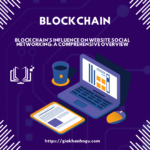





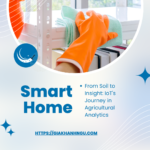





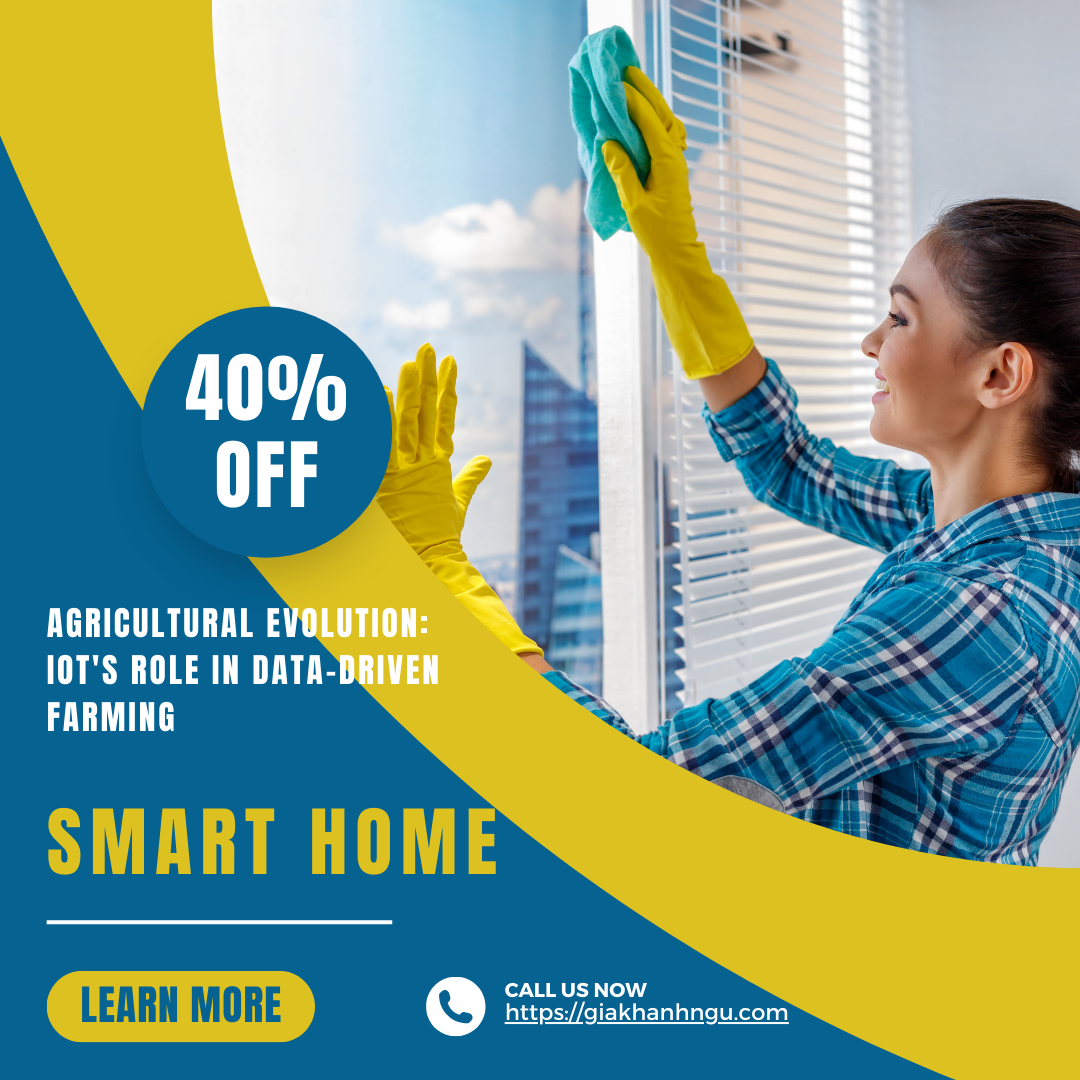
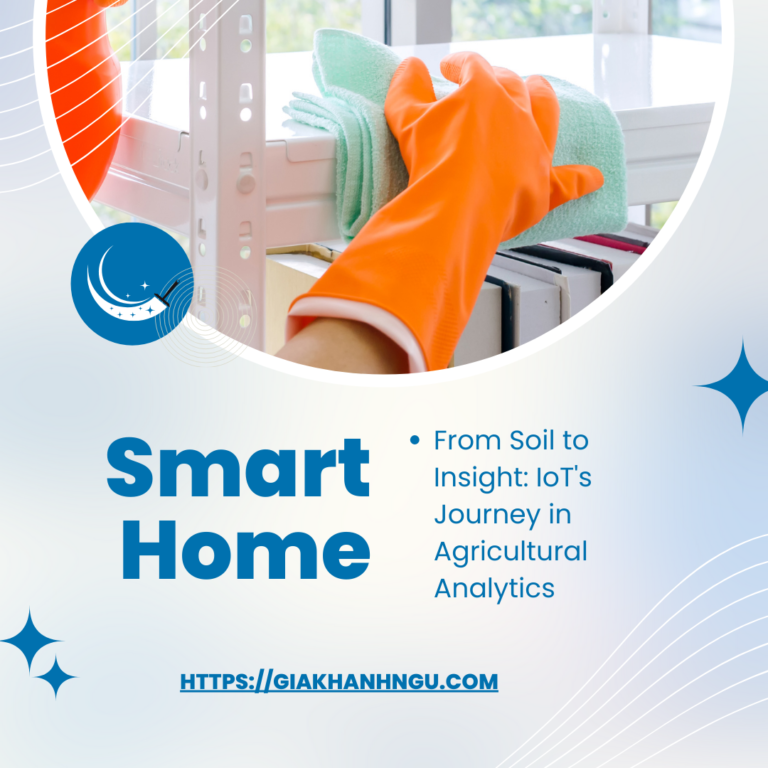


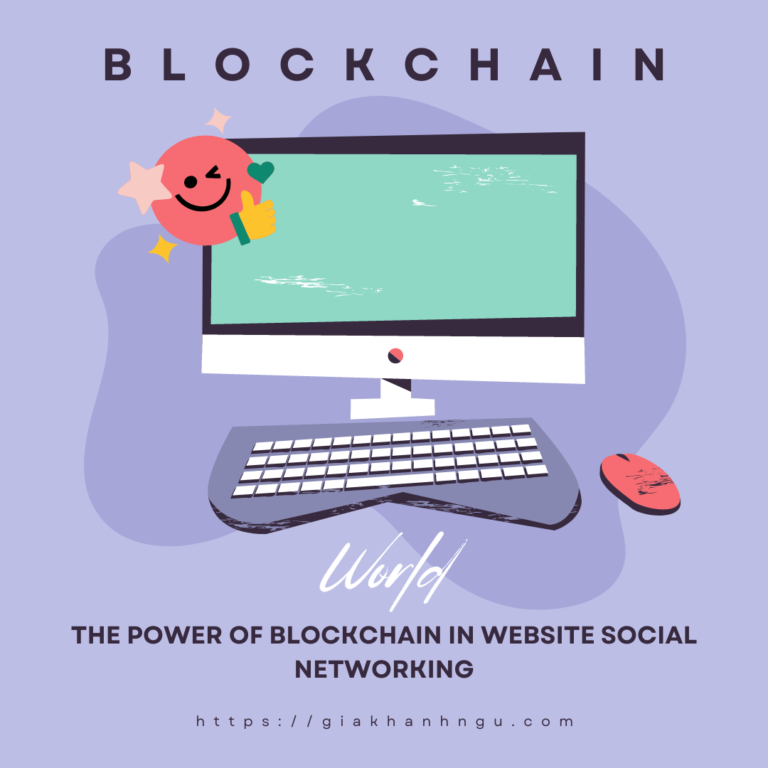

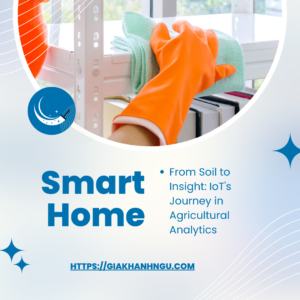




+ There are no comments
Add yours